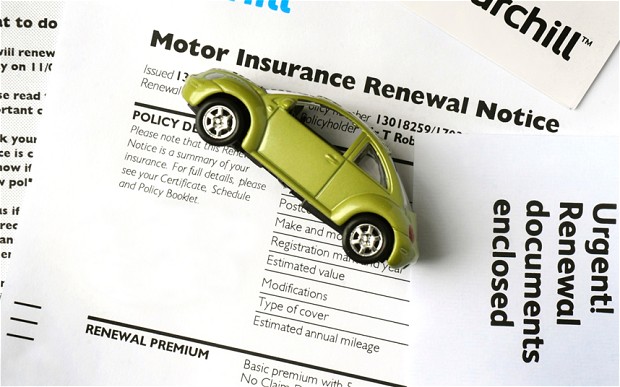Accidents of any form can be traumatic, with their victims suffering from both physical injuries as well as the financial costs of the accident. There is the damage to their car as well as the cost of treating the injuries and repairing the car.
The treatment costs, property damage, and lost incomes all impact people and their families. This is why there is a strong acceptance of opting for car and accidental insurance to avoid such dire situations.
People who have opted for car and accidental insurance should know what to expect once they file an insurance claim. Knowing what to expect after filing an insurance claim is necessary, as many claimants get annoyed with the process.
The claim process can be complicated and annoying, especially for those suffering from injuries after an auto accident. Therefore, this article aims to create a broad framework for the insurance claims process. This lets readers know what they need to do and how to do it.
The following steps will help you know what steps are part of the process and what will lead you to the best possible outcome. If you need more information, you will have to speak to your insurance agent or company representative.
Understand your Policy
As we always advise, it is necessary that you sit down and read your Insurance Policy document to understand your coverages, rights, and responsibilities. Be clear about exclusions and the claim process specified in the policy document. If there is any error or discrepancy in your details, you should have them corrected. Doing this helps make your claim process smoother.
Know When to File a Claim and How to Do It.
After an accident, insurance policyholders must file a report with their broker, agent, or insurance company within a specific number of days. This is usually seven days or more (it will be specified in your insurance policy). Ideally, you should file a claim as quickly as possible. A delay in reporting within the specified time frame can result in your claim being rejected.
You will need to provide the following standard details when making your claim:
- Your policy number
- Make, model, year, and registration number of the car.
- Details about the accident, like the driver’s name and license number
- Date, time, and location of the accident
- Extent of any injuries
- Number of passengers involved.
- The degree of damage that occurred to the car
- Your description of the accident
- Names and driver’s license numbers of all drivers involved (if possible)
- Names of insurance companies and car insurance policy details of the drivers involved (if possible)
What Happens After Your Claim is Filed
Once your claim is filed, you will be usually approached by a claims adjuster from the insurance company or maybe a third-party agency. They may require you to complete a few documents covering information about your losses and expenses incurred. The adjuster will decide how much of your claim amount the insurance company will cover and guide you through the claims process.
Negotiation and Settlement
Once their due diligence is complete, the insurance company will decide on a settlement amount and inform you. However, it is essential to know that insurance companies prioritize minimizing their expenses, which may lead to offers that do not fully cover the losses suffered.
How to Strengthen Your Claim
The following are some additional steps that you can take to support your insurance claim after an auto accident. These steps can help your case and increase the likelihood of a successful outcome:
- Keep Detailed Records:
During the claims process, you must maintain detailed records of all information. This will be medical records, receipts for expenses related to the accident, correspondence with the insurance company, and any other documentation that can support your claim. These records can serve as evidence of your losses and help demonstrate the impact of the accident on your life.
- Follow Medical Advice:
It is essential that you follow the medical advice. Attend all appointments, follow the prescribed treatments, and observe any restrictions or limitations (if any) on your activities.
- Maintain Communication:
Throughout the claims process, maintain open communication with your insurance representative or other point of contact. Inform them about any developments and promptly provide them with all requested information or documentation. Also, don’t be shy about asking questions if you have any concerns.
- Be Patient:
The insurance claims process can be lengthy and take time to reach a settlement. It’s important to be patient and trust in the process of your insurance representatives and company.

Sadia Zaheer holds a Masters in Business Administration from IBA, Karachi. After working in several financial institutions in Client Management, Corporate Lending, Islamic Banking and Product Management she jumped careers to pursue a career in writing.
She is a Finance, Business and HR Development writer with four years of experience. She reads a lot and takes care of her multiple cats to remain calm.





